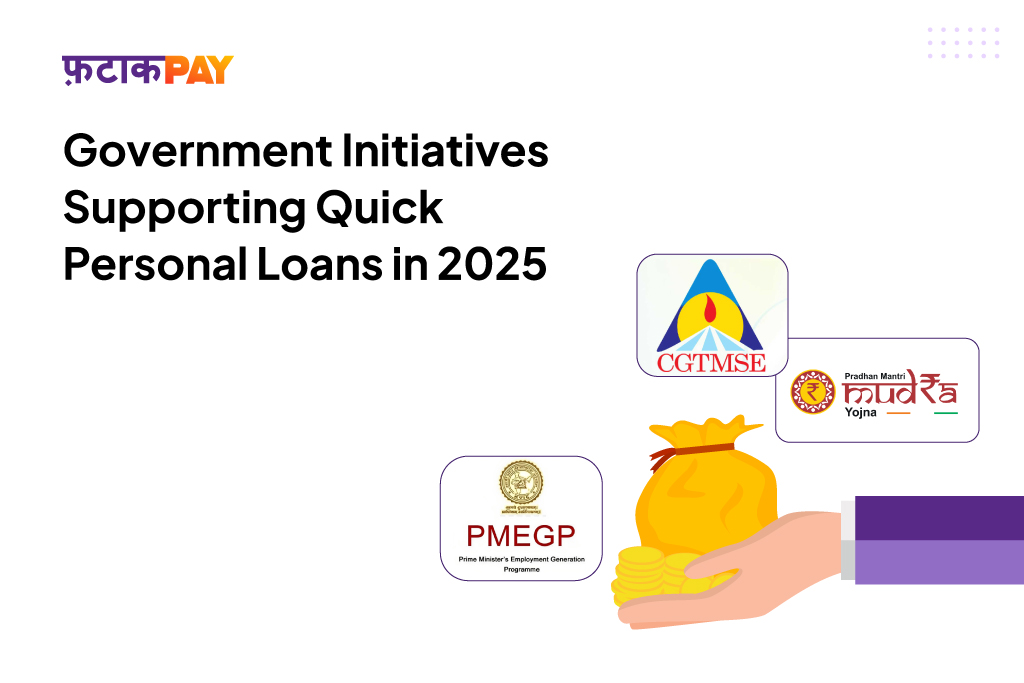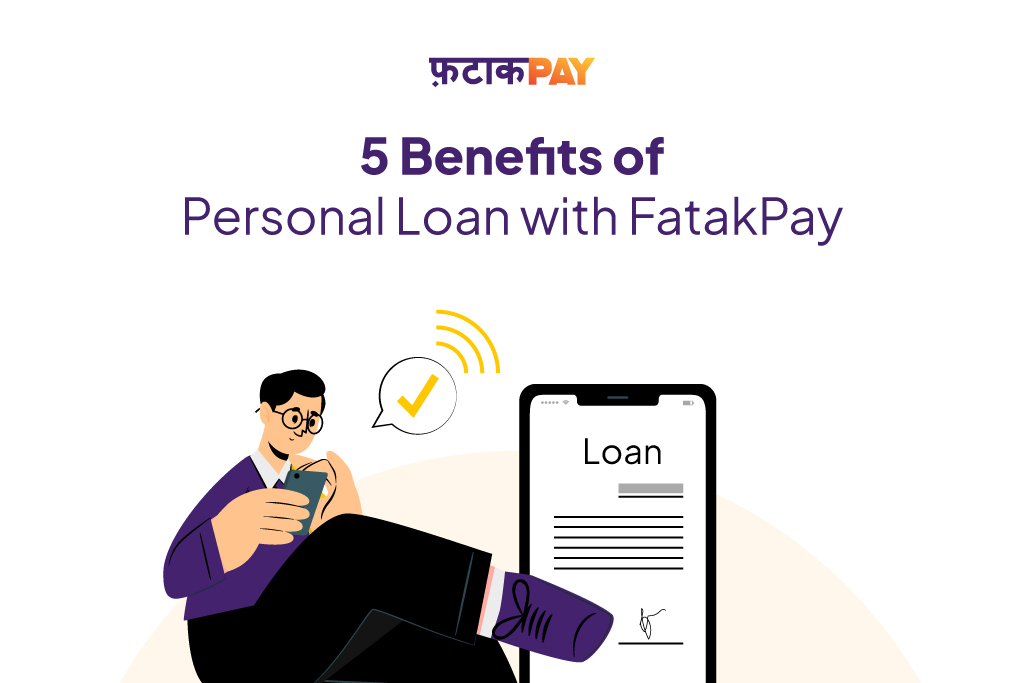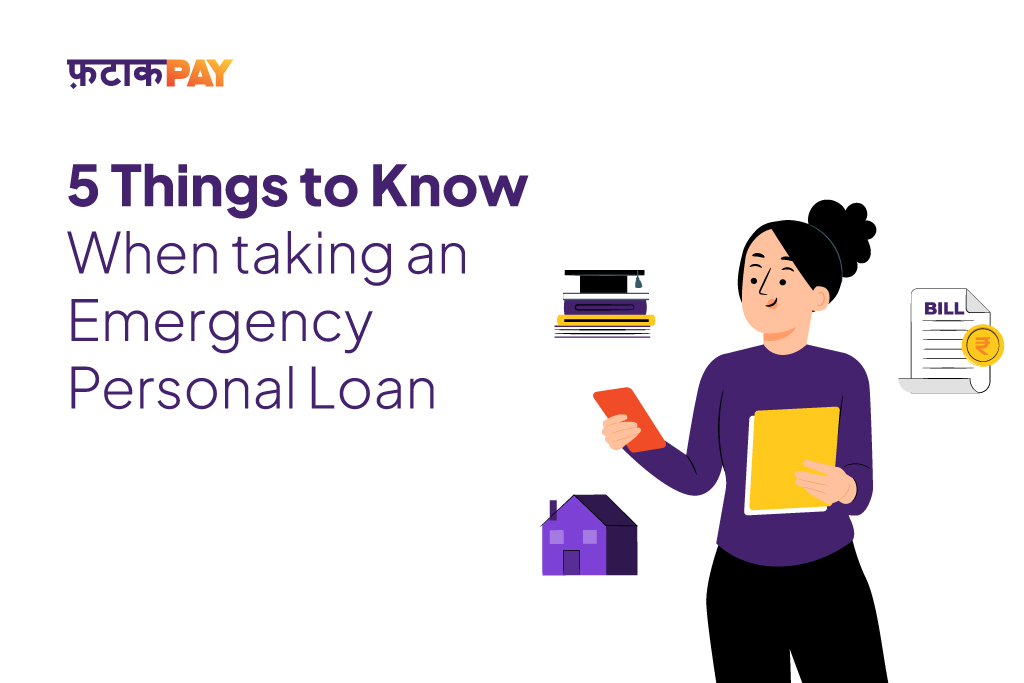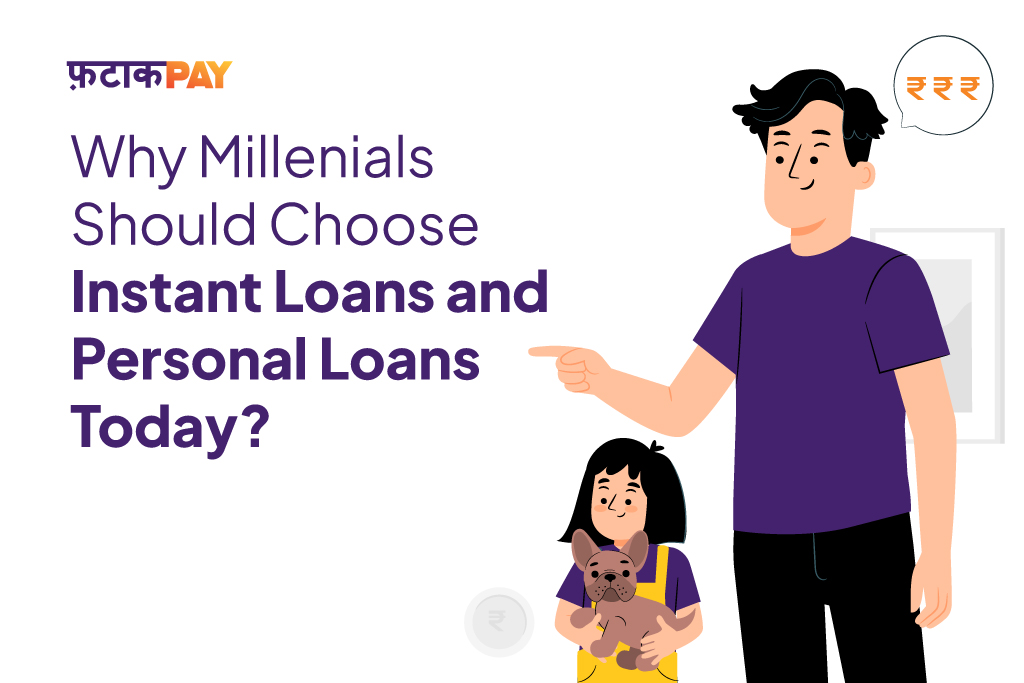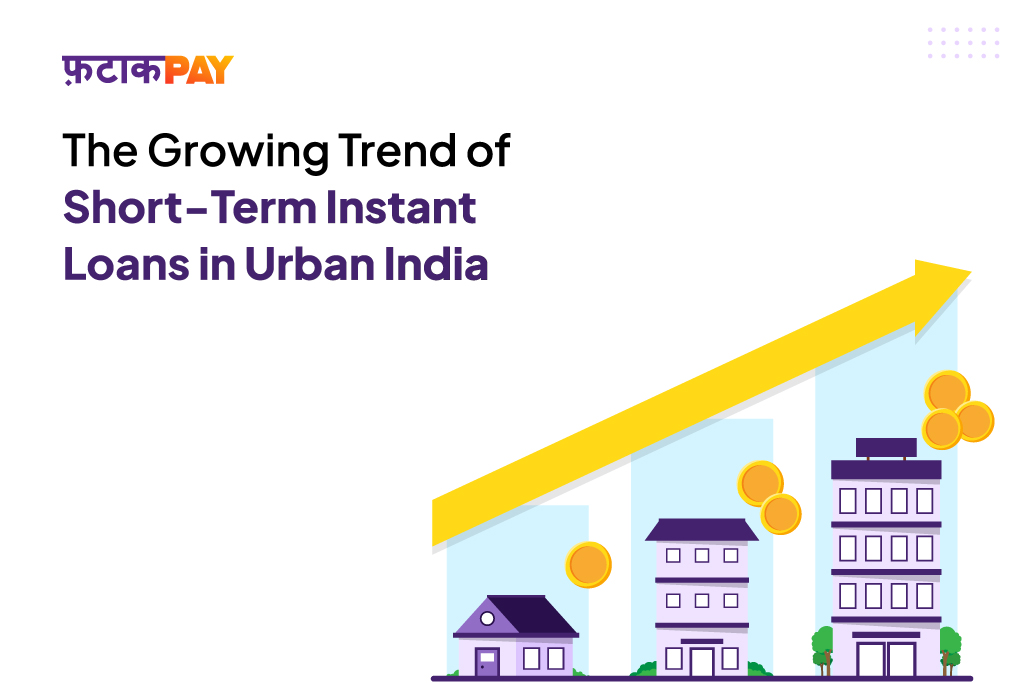We are seeing a significant surge in inflation every year, not just in India but all around the globe. The rise in inflation further impacts almost everything, which includes cost of living, the financial sector, and much more. With changing inflation rates, the interest rates on personal loans also change due to the change in repo rate.
If you have borrowed a long-term personal loan or you are planning for one, you should look at every aspect of it, including how inflation can affect interest rates on the loan. Understanding the same will help you make the right decisions and manage your finances better:
Interest Rates on Personal Loans: The Basics
Personal loans are usually unsecured loans that one can borrow without any collateral. These are small to mid sized loans that one can borrow to manage emergency expenses, for home improvement, or for debt consolidation.
Talking about the interest rate on personal loans, the interest is charged on the remaining loan amount rather than the total borrowed amount. The lender offers a specific amount with a fixed rate of interest, which is deducted every month in EMIs along with the principal amount. This approach is called reducing rate of interest.
But an important question that might come to your mind here is: Can your lender increase the interest rate on an instant personal loan if the inflation rises? We’ll find out the answer to this in the next section.
Impact of Inflation on Personal Loan Interest Rates
Repo rate is a significant factor that impacts personal loan interest rates. Repo rate is the rate at which commercial banks borrow funds from the Reserve Bank of India. Now, if the repo rate rises due to high inflation, it is obvious that the lenders will have to increase their interest rates as borrowing from RBI is now more expensive for them.
Now, coming back to the question, Yes, lenders can increase the interest rate on a personal loan if it has a floating interest rate. Floating interest rate is the rate which fluctuates with changing market conditions.
But if your personal loan has a fixed rate of interest, it won’t be impacted with inflation. However, there is a high possibility that the interest rate on any future loan will be higher. Similarly, a decrease in inflation can result in lower interest rates as well.
Inflation doesn’t majorly impact any ongoing loan, but yes, the generic rate of interest on personal loans is very much correlated to inflation. If inflation goes up, personal loans may become more expensive, and if it goes down, the loans may become more affordable.
How Do Changes in Interest Rates Impact Borrowers?
If the interest rate on personal loans increases with a rise in inflation, it can affect borrowers in many ways, some of which are listed below:
1. Total Cost of Borrowing:
The cost of borrowing is directly proportional to the interest rates. If the interest rate goes up, borrowing becomes more expensive and if interest is lowered, borrowing is easier and more affordable. So, if interest rates increase due to inflation, it becomes more difficult for borrowers to access and afford loans.
2. Changes in Monthly EMIs
When interest rates change, it may lead to changes in the monthly EMI amount if the loan has a floating rate of interest. So, if the interest rate rises, your monthly EMI amount may increase, which will increase the burden of repayment on you.
Therefore, if you want to get a personal loan, it is always better to borrow from platforms like FatakPay that offer loans with a fixed rate of interest and the repayment tenure and EMI amount is predictable. Apart from this, the app offers small monthly credit lines, which are subject to full repayment every month.
3. Refinancing Opportunities:
The changes in interest rates also lead to refinancing opportunities for borrowers. If the interest rates in the market are significantly decreased, you can consider refinancing your loan at a lower interest rate.
Conclusion
With all the points discussed above, you must have understood that interest rates on loans are very much related to inflation. If inflation rises, personal loans become more expensive. The rate of interest on an ongoing loan might not change with inflation if it has fixed interest, but the generic interest will most likely go up.
Floating interest rates are hardly there in personal loans but still, it is always better to check terms and conditions before you apply.
FAQs
Ans. Inflation is the generic increase in the cost of products and services over time. As inflation rises, the repo rate also increases, which further impacts interest rates on loans and all other types of credit.
Ans. The generic interest rates on personal loans increase with increasing inflation. As most personal loans are offered on a fixed rate of interest, an ongoing loan might not be impacted with inflation. However, the cost of borrowing personal loans increases.
Ans. A rise in personal loan interest rates affects borrowers in many ways:
The monthly EMI amount may change (if the loan has a floating rate of interest)
The cost of borrowing increases
Loans become less affordable for consumers
Ans. Yes, you can get short-term personal loans at fixed interest rates. It depends on the terms and conditions and policies of the borrower.



